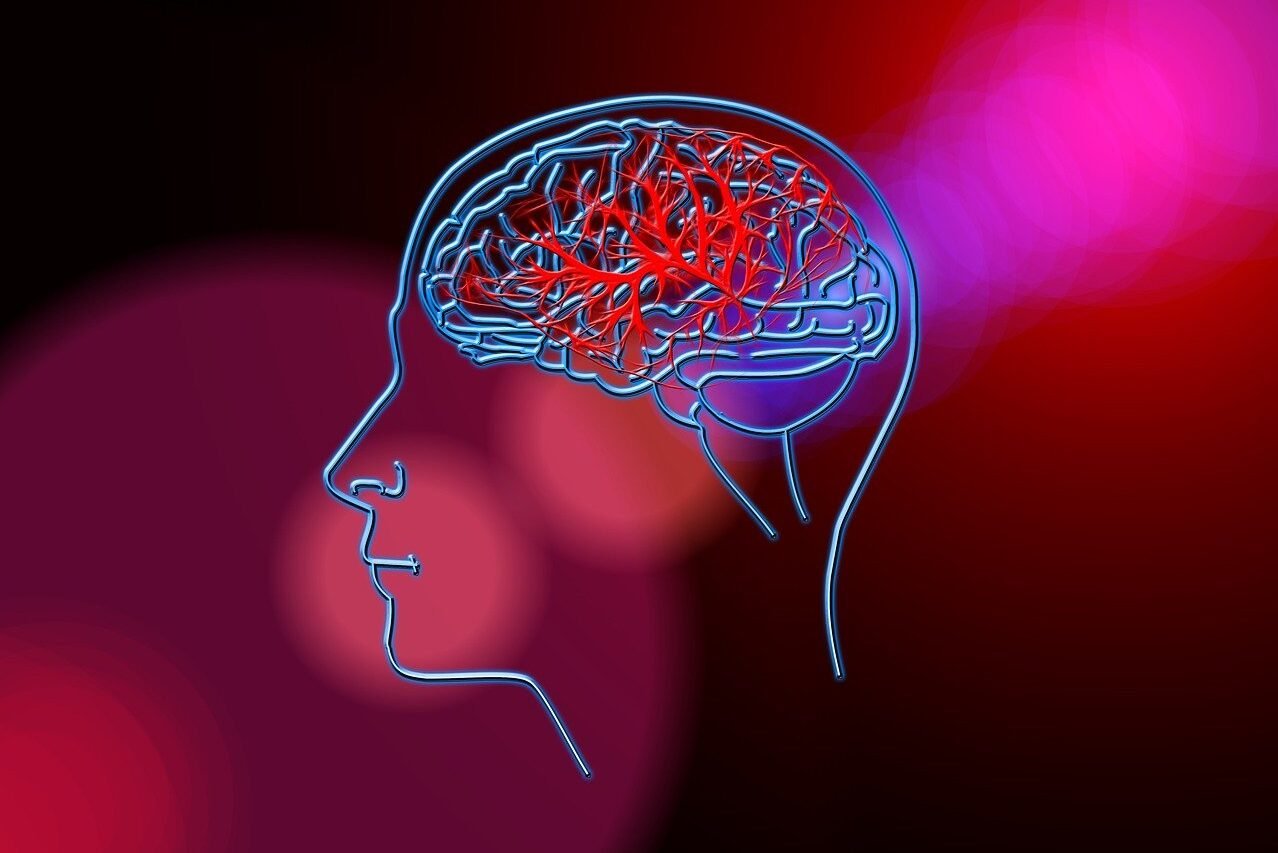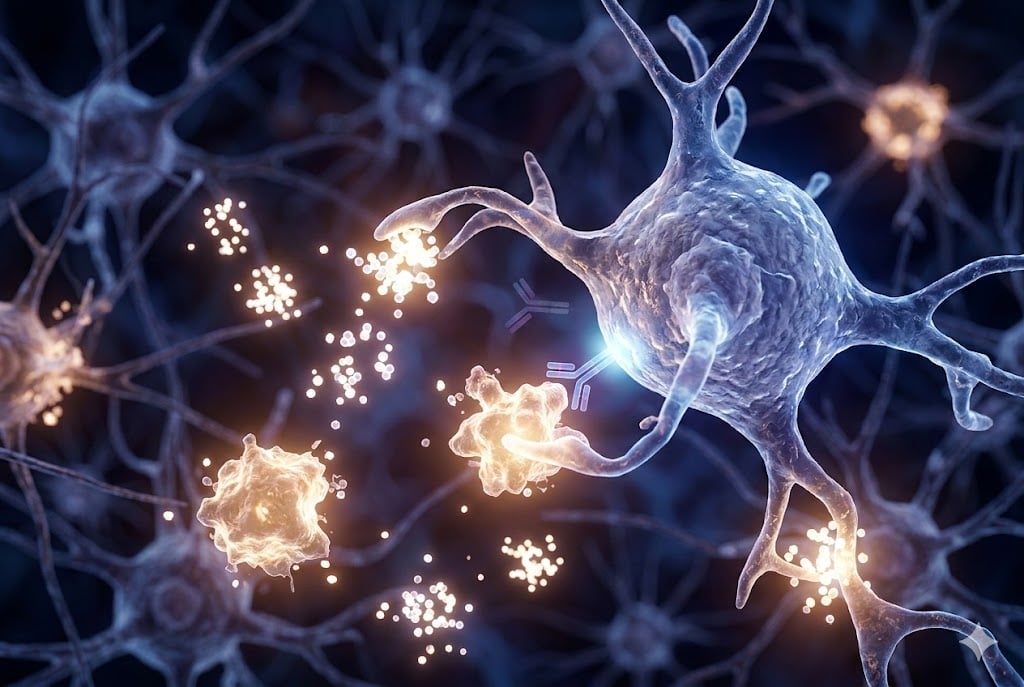
Power Foods to Fight Alzheimer’s
TEDx: Lower your risk of Alzheimer’s with mealtime. Watch Dr. Neal Barnard, nutrition researcher and author, show you how.

TEDx: Lower your risk of Alzheimer’s with mealtime. Watch Dr. Neal Barnard, nutrition researcher and author, show you how.

VIDEO & ARTICLE – BOOK OF THE WEEK: CNN’s former medical correspondent has written a book on dementia containing “100 Simple Things You Can Do to Prevent Alzheimer’s and Age-Related Memory Loss”. Backed by good science, see the author discuss a few of these “100 Simple Things” that help preserve thinking and memory.

QUICK HEALTH VIDEO: You CAN reduce risk of Alzheimer’s. Learn 4 ways to improve your brain and maintain long-term health. Numerous studies show you really can do something about dementia.

A hospital’s Intensive Care Unit (ICU) can bring on Alzheimer’s-like symptoms in brain-healthy patients. See doctors discuss 4 ways to prevent this.

PREVENTION VIDEO + ARTICLE:
Researchers in Australia have discovered that taking sufficient Vitamin D can help stop Alzheimer’s. Learn more.

PAY EXTRA ATTENTION to the care-partner’s health during Alzheimer’s.
With a quick inquiry, nurses and doctors can easily spot caregivers needing enhanced support. Find out how simple & essential this can be.

What happened to brain networks and connectivity in older adults walking four days a week on a treadmill?

DIET VIDEO: The Nigerian Paradox wonders: Why are Alzheimer’s rates low in Nigeria, despite dangerous “Alzheimer’s gene” rates? Does Nigeria’s diet hold the key?

Watch this uniquely clear overview of the steps you can take to diagnose or prevent most types of dementia, including Alzheimer’s.

VIDEO + ARTICLE:
Everyone knows Alzheimer’s is not catchy, but a new study shows it might be “transmissible”. Learn the difference and find out what it means to research.

Scientists say the neurons responsible for transforming experiences into memories are always the first to go in Alzheimer’s. Now they’re taking a closer look to try to figure out why, and what to do about it.

A research study finds when young healthy men had a full, uninterrupted night of rest, their blood levels showed a reduced level of tau, the biomarker for Alzheimer’s disease. The level was higher when they lost just one night of sleep. Learn more.

Higher midlife omega-3 levels were linked to lower early-onset dementia risk. It’s not proof — but it’s a meaningful signal worth paying attention to.

In gardening, people with Alzheimer’s grow fresh plants along with better thinking. It’s a pleasant way to make things easier.

The co-founder of a caregivers’ organization introduces technology he has found helpful in caring for his grandmother with dementia.

People with dementia are enjoying yoga and dance classes at the Alzheimer’s Association. See why caregivers find the classes “EXTREMELY helpful.”

Swiss researchers find that people with certain personality traits are protected against Alzheimer’s disease, including those who are less agreeable, had natural curiosity, and were nonconformists. Find out why.
No spam, only news and updates.


